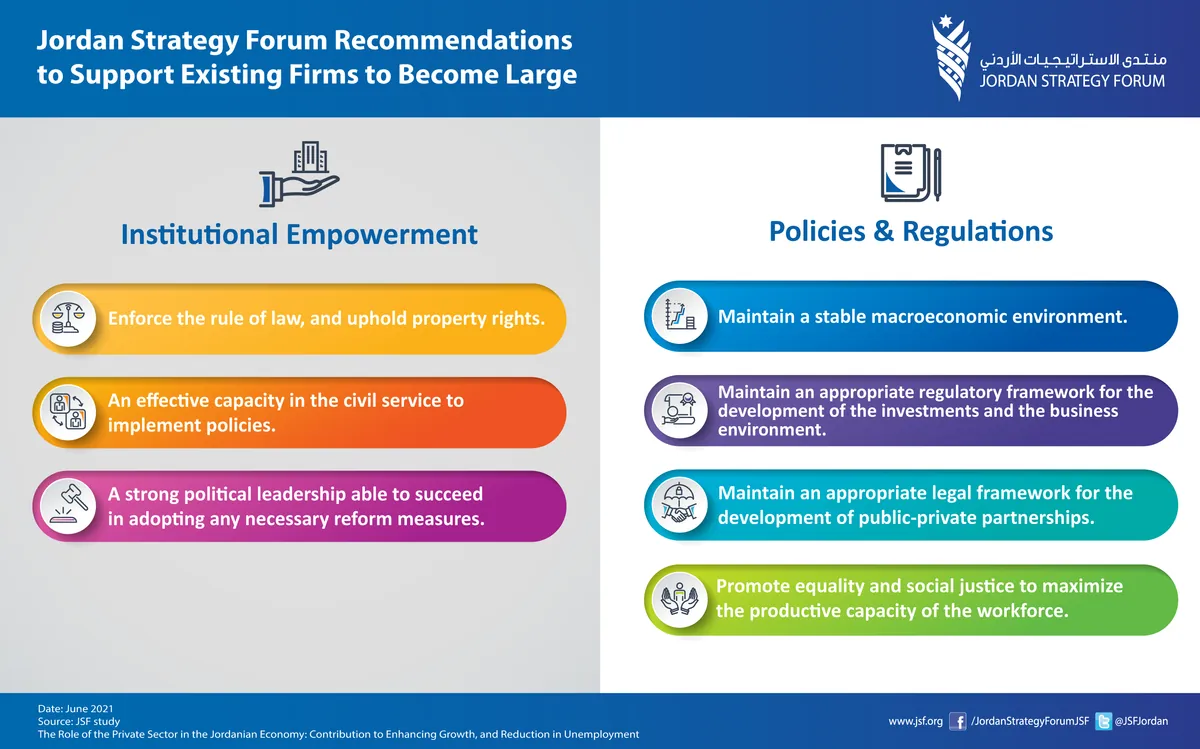Jordan's New Government Sworn In, Tasked with Economic Reforms
Jordan's King Abdullah has appointed a new reformist government led by Prime Minister Jafar Hassan. The cabinet faces challenges in implementing IMF-backed reforms and managing public debt amidst political shifts.

In a significant political development, King Abdullah of Jordan has sworn in a new reformist government led by Prime Minister Jafar Hassan. This administration is tasked with implementing crucial economic reforms and advancing the country's modernization agenda.
Jafar Hassan, a Harvard-educated administrator with extensive experience in economic policy, has been appointed to lead the 32-member cabinet. The new government comprises a mix of moderates, tribal politicians, and technocrats, reflecting Jordan's diverse political landscape.
The primary challenges facing the new administration include:
- Accelerating IMF-backed reforms
- Managing public debt exceeding $50 billion
- Addressing high unemployment rates
- Balancing modernization efforts with traditional interests
Jordan, a constitutional monarchy, has long been a key ally of Western nations in the Middle East. The country has faced significant economic hurdles, including limited natural resources and a heavy reliance on foreign aid. These challenges are compounded by regional instability and the impact of hosting a large Palestinian refugee population.

The recent parliamentary elections saw the Islamist opposition make substantial gains, securing 31 seats - their strongest showing since the revival of parliamentary life in 1989. While the pro-government majority remains intact, the more vocal opposition could potentially challenge some of the proposed reforms and foreign policy decisions.
Jordan's economic situation requires careful management:
- Public debt has reached over 90% of GDP
- High unemployment, particularly among the youth
- Dependence on energy and food imports
- Need for economic diversification
The government is expected to focus on improving the business environment, attracting foreign investment, and developing sectors such as tourism and technology. Additionally, Jordan has been investing in renewable energy projects to reduce its reliance on energy imports.
As the new administration takes office, it faces the delicate task of implementing necessary economic reforms while navigating the country's complex political landscape. The success of these efforts will be crucial for Jordan's future stability and prosperity in a challenging regional environment.


































